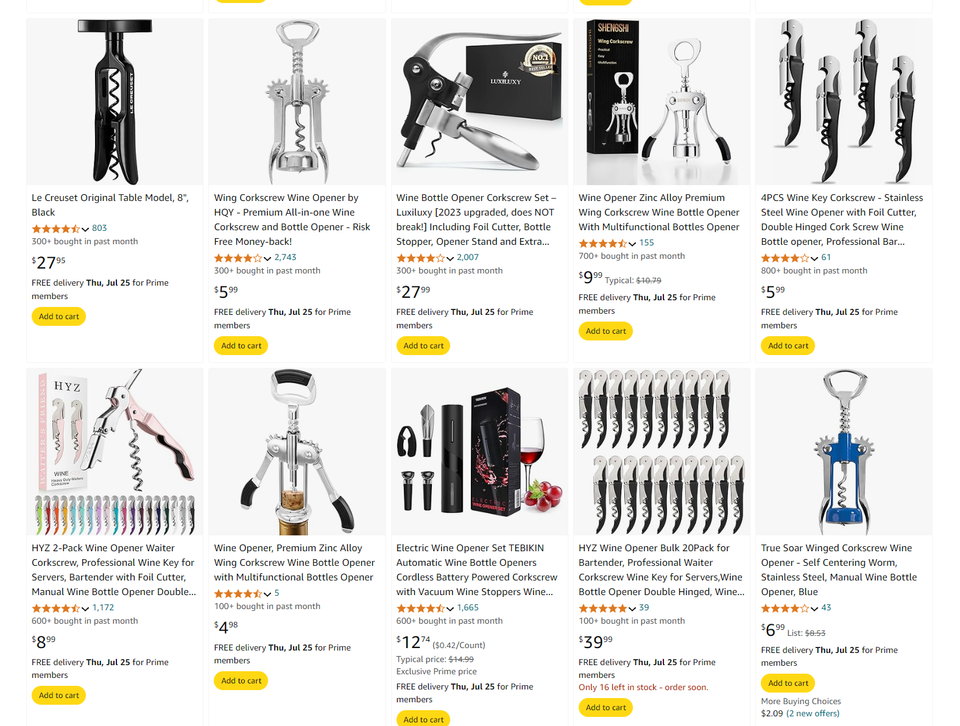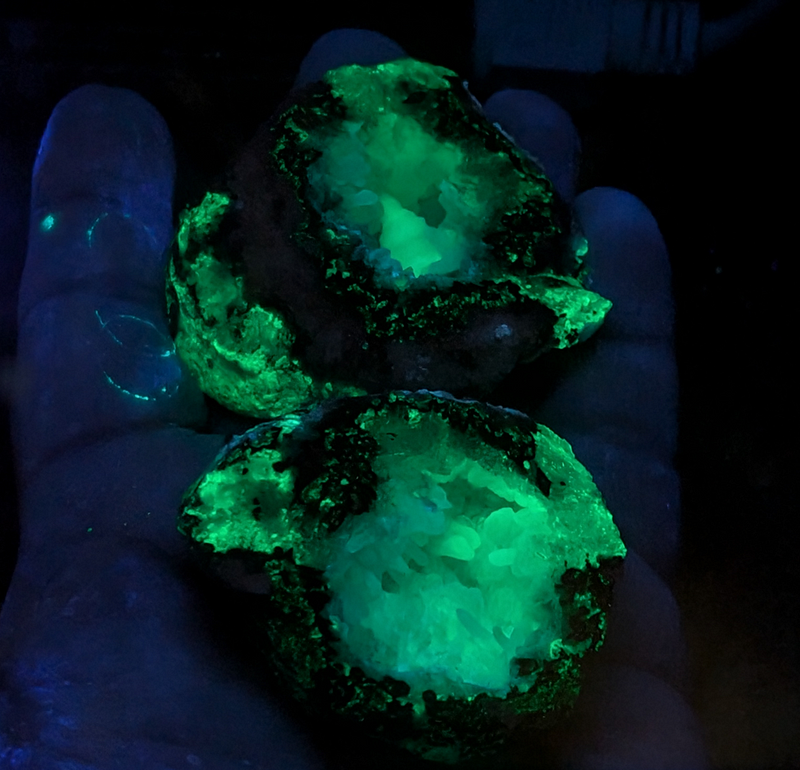Reports of Society's Collapse Are Premature (and I Can Prove It)

Greetings friends!
Over the weekend, I went on a short trip to Hendersonville, North Carolina, in the foothills of the Blue Ridge Mountains, about an hour from where I live in South Carolina.
My wife and I were visiting a venue in Flat Rock, a converted 150-year-old grist mill that was taken over in 1937 by a group of struggling performers who named themselves the Vagabond Players.
But I wasn’t in Flat Rock for a history lesson.
I was in Flat Rock with my wife to see a performance of Carousel in the Flat Rock Playhouse.
Instead of taking a room in a full-service hotel, we stayed in a motel. The U.S. has fantastic motels that are inexpensive, generally clean, and well-kept. They are a time capsule providing a view into a different era, which suits me fine.
So there we were, in a beautiful part of the country, on a beautiful day, wondering what to do with ourselves until the play started. Only weren’t wondering. That’s because, like we always do wherever we go, I had my smartphone with me. It’s a kind of tool I like to keep with me, like a hunter likes to keep his gun by his side.
There are many ways to figure out what to do in a new place — and in the past, we have tried all of them. But this was a short visit, and we didn’t want to screw it up by wasting time with less-than-stellar experiences. So I flicked on my phone — Oh for the glory of the smartphone! — and looked for things to do.
Bingo!
There was a Mineral and Lapidary Museum a short drive from our motel. Five minutes later, we were in an air-conditioned rectangular room where everything was immaculately laid out, from fossils and petrified wood to gorgeous mineral samples.
The museum was staffed by a happy crew of elderly gentlemen who by all appearances had turned their amateur interest into a thriving display. They were so delighted to explain what was on display and answer questions that we felt our enthusiasm brimming in turn.
One spot held particular interest — the geode cracking station. For a small fee (the entrance to the museum is free), visitors could select a geode that the staff would then crack open with their manually operated device, rather like a large bolt cutter but for rocks.
- Geodes with white crystals, or red or blue ones.
- Geodes with brilliant iridescence that appears only under fluorescent light.
- Large stones, small ones, craggy exteriors or smooth rocks.

The visitor chooses, the staff cracks, and everyone delights in seeing the mystery of what’s inside revealed. I looked for bored faces among the children, teens, and adults.
I couldn’t see one anywhere. Of course, how stupid of me! Everyone here is seeing a part of nature’s secret processes that have lain hidden for millions of years.
Think of it. For almost all of the earth’s history, there was nothing but the natural world to work with. For most of human history, our tools were cleverly shaped bits of rock, obsidian, bone, and such things.
It is only in the last few thousand years that we learned first to manipulate basic materials and then, with greater sophistication, to create more things with those materials.
Today, there is such a profusion of goods available that a person from even 50 years ago would be staggered to see humanity’s collective wealth.
When we add in the Internet, we see how for the first time in history, humankind has a global reach. An individual with an idea is no longer limited to the few hundred people they might reasonably encounter in person.
Moreover, every person who needs to find something can bid a fond farewell to the frustrating, fruitless searches in store after store.
“Tell me, my good sir. Do you stock corkscrews?”
“Why yes, we do.”
“Please be so kind as to direct me to where can I find them?”
“You’ll find what you seek in Aisle 34, bottom shelf.”
“Ah, my dear fellow. I thought you might say that. I’ve just come from there and didn’t see any.”
“Oh, I see. It looks like we’re temporarily out of stock. We should be getting some more in next week.”
The reason local stores don’t keep corkscrews in stock is that they don’t need to. In economics, The Pareto Principle, or the 80–20 rule, states that, in the majority of cases, 20% of input results in 80% of output. Be it profit, productivity, earnings, or thought.
For example, in manufacturing, if 20% of your lines result in 80% of your revenue, it makes sense to concentrate on these products. Similarly, if 20% of the stock in a shop results in 80% of your sales, why bother to stock anything else?
In the past, this led to annoying trips around town to a succession of stores hoping one had the blasted thing you were looking for. Today, your experience is so vastly different and better that future generations will look back in wonder at the idea that we used to go to stores at all.
“Tell me again about going to Aldi, Grandpa!”
“Ah, haven’t you heard that one enough, kids?”
“No, no! Tell it! What was it like to have to go to stores not knowing whether they had what you were looking for? Didn’t you care about the environment? Did you really have that much time to waste?”
For a brief time, supermarkets made great sense. Rather than requiring us to trek to eight or 10 stores over town, superstores aggregated products so we could accomplish most of our shopping in one place.
What about local producers? How could they possibly compete with the mega stores, which may have no interest in stocking a low-volume specialty item?
One more innovation and our journey is complete: cheap and quick shipping.
It’s no surprise that great empires across history were inevitably accompanied by robust mail networks. How they would envy our global army of package deliverers! Anything you want, from anywhere in the world, can be yours in days if not hours. Often with no shipping cost to you.
All of this underlines the genius of modern retail. Local producers no longer need to compete for shelf space among the big brands. Not anymore. In fact, thanks to the Internet and easy shipping, anyone with the desire to do so can sell their local produce across the country and even farther.
Truly we are living in a golden age, when not only are we surrounded by material abundance, but our ability to access it has never been easier.
Holding a freshly cracked geode in my hands and seeing the inside of it exposed to the light for the first time in 10 million years reinforced the idea that the norm is for things to change slowly or not at all.
Seeing how any individual can now sell any product to anyone anywhere in the world makes me realize what utterly amazing times we live in.
What’s next for humanity? I can only imagine.
Be well.
Hit reply to tell me what's on your mind or write a comment directly on Klugne. If you received this mail from a friend and would like to subscribe to my free weekly newsletter, click here.
For an alternative take on this, and the inspiration for my response, see Philip Ogley’s piece on Medium. For far less than he earned writing the story, he could have bought a 20-pack of professional waiter’s corkscrews (see the feature image above) and strewn them about his person so as never to be without one when he needed it:







Member discussion